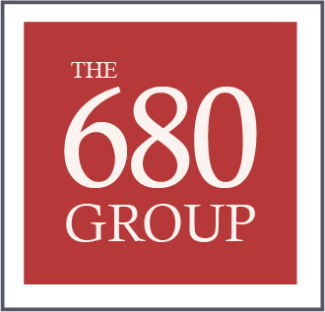
What is True Freedom?
True freedom can be understood as a state of being where individuals possess the ability to act, think, and make choices without unnecessary constraints or limitations. It goes beyond mere physical liberty and encompasses various aspects of life, including political, social, economic, and personal freedoms. Here are a few key elements that contribute to true freedom:
1. Individual Autonomy: True freedom recognizes and respects the autonomy of individuals. It means having the power to govern oneself, make decisions, and take responsibility for one's actions. It involves the absence of coercion or undue influence from external forces.
2. Civil Liberties: True freedom encompasses the protection of fundamental civil liberties, such as freedom of speech, assembly, religion, and expression. It ensures that individuals can express their thoughts, beliefs, and opinions without fear of persecution or censorship.
3. Equality and Justice: True freedom is grounded in the principles of equality and justice. It means that all individuals have equal rights and opportunities, regardless of their race, gender, religion, or socio-economic background. It entails a fair and impartial legal system that upholds the rule of law and protects the rights of every individual.
4. Economic Freedom: Economic freedom is an essential component of true freedom. It involves the ability to pursue economic endeavors, engage in trade, and benefit from the fruits of one's labor. Economic freedom promotes entrepreneurship, innovation, and competition while safeguarding against excessive government intervention and barriers to economic participation.
5. Social Harmony: True freedom also necessitates social harmony and the absence of discrimination or prejudice. It entails a society that embraces diversity, respects different perspectives, and fosters inclusivity. It involves creating an environment where individuals can live without fear of discrimination based on their race, ethnicity, gender identity, sexual orientation, or any other characteristic.
6. Access to Education and Information: True freedom relies on the availability of education and information to empower individuals. It requires equitable access to quality education, allowing individuals to develop their intellectual capacities and make informed choices. Furthermore, it necessitates access to unbiased information sources to cultivate critical thinking and enable individuals to participate fully in societal discussions. It's important to note that true freedom does not imply absolute freedom without any limits. It requires a balance between individual freedoms and the well-being of the broader community. Certain restrictions may be necessary to protect the rights and freedoms of others and maintain social order. Overall, true freedom is a multifaceted concept that encompasses personal autonomy, civil liberties, equality, justice, economic opportunity, social harmony, education, and access to information. It strives for a society where individuals can flourish, pursue their aspirations, and contribute to the betterment of the collective while respecting the rights and freedoms of others.

